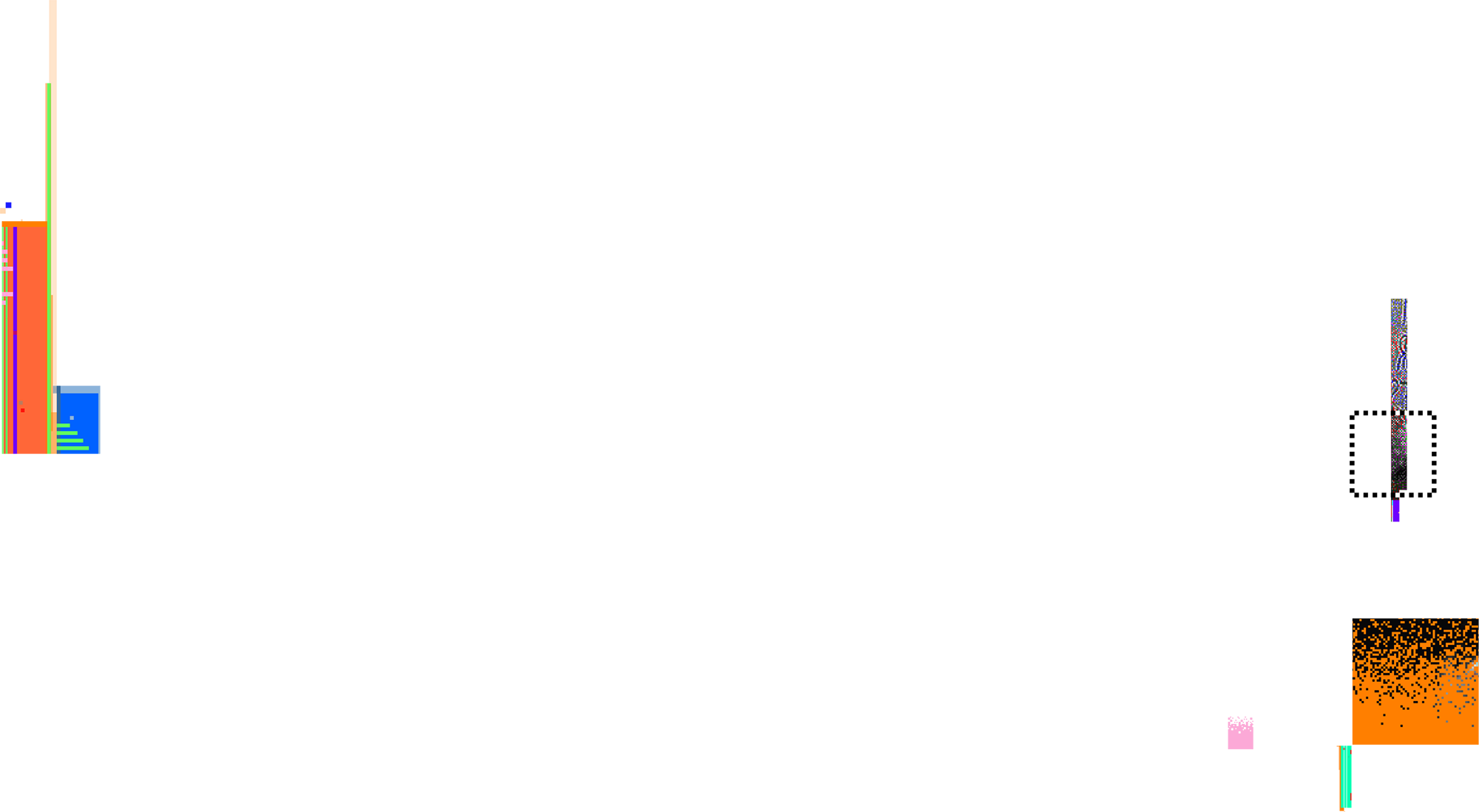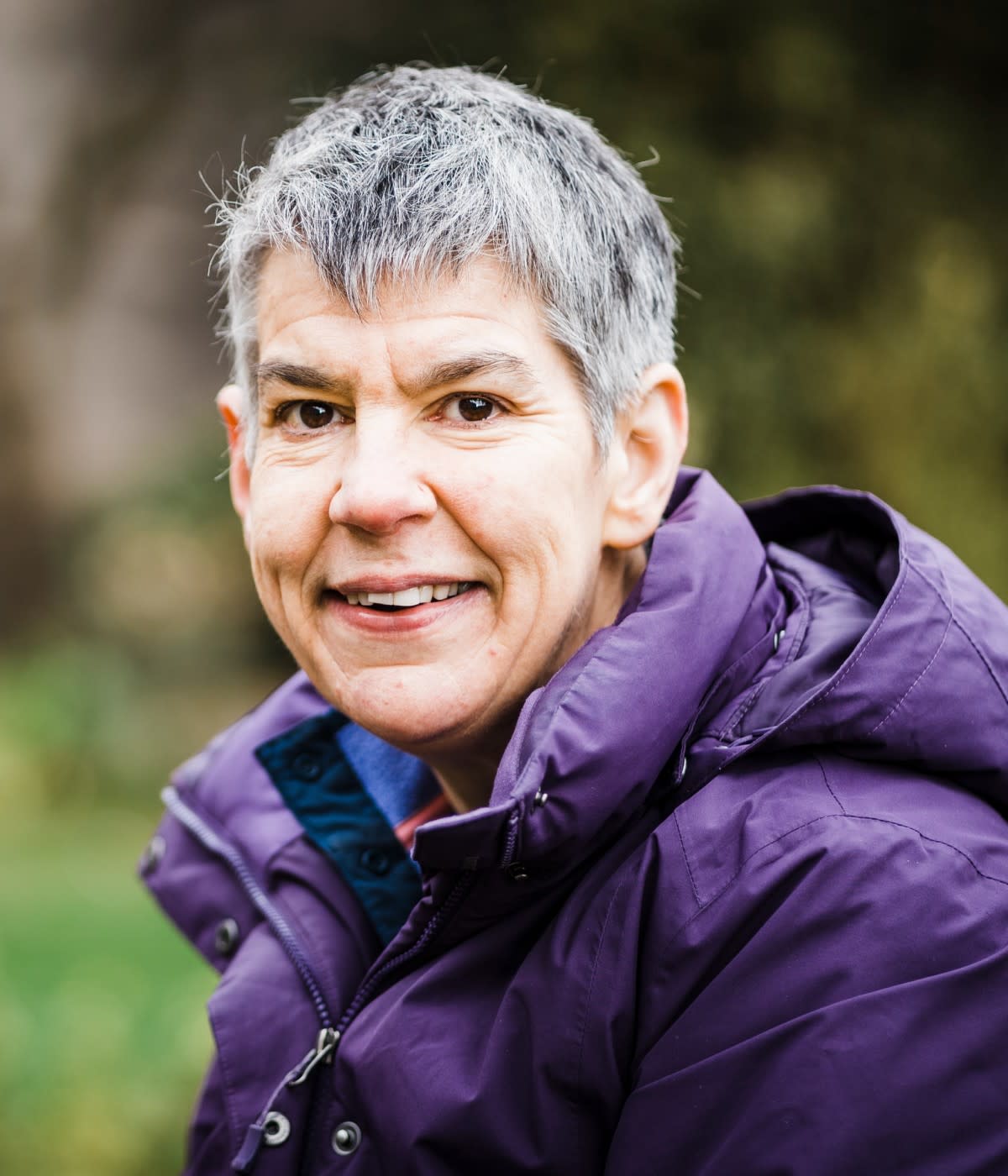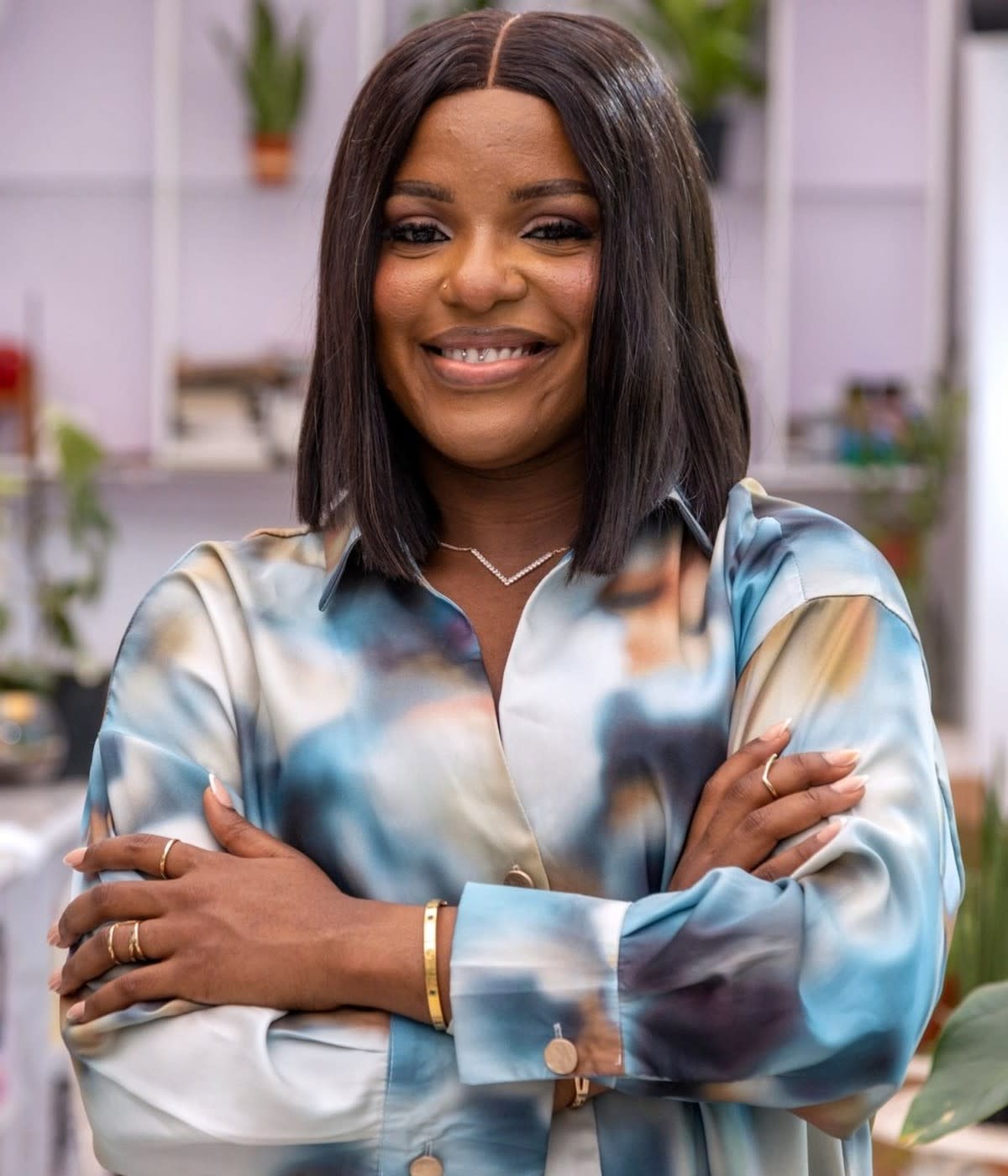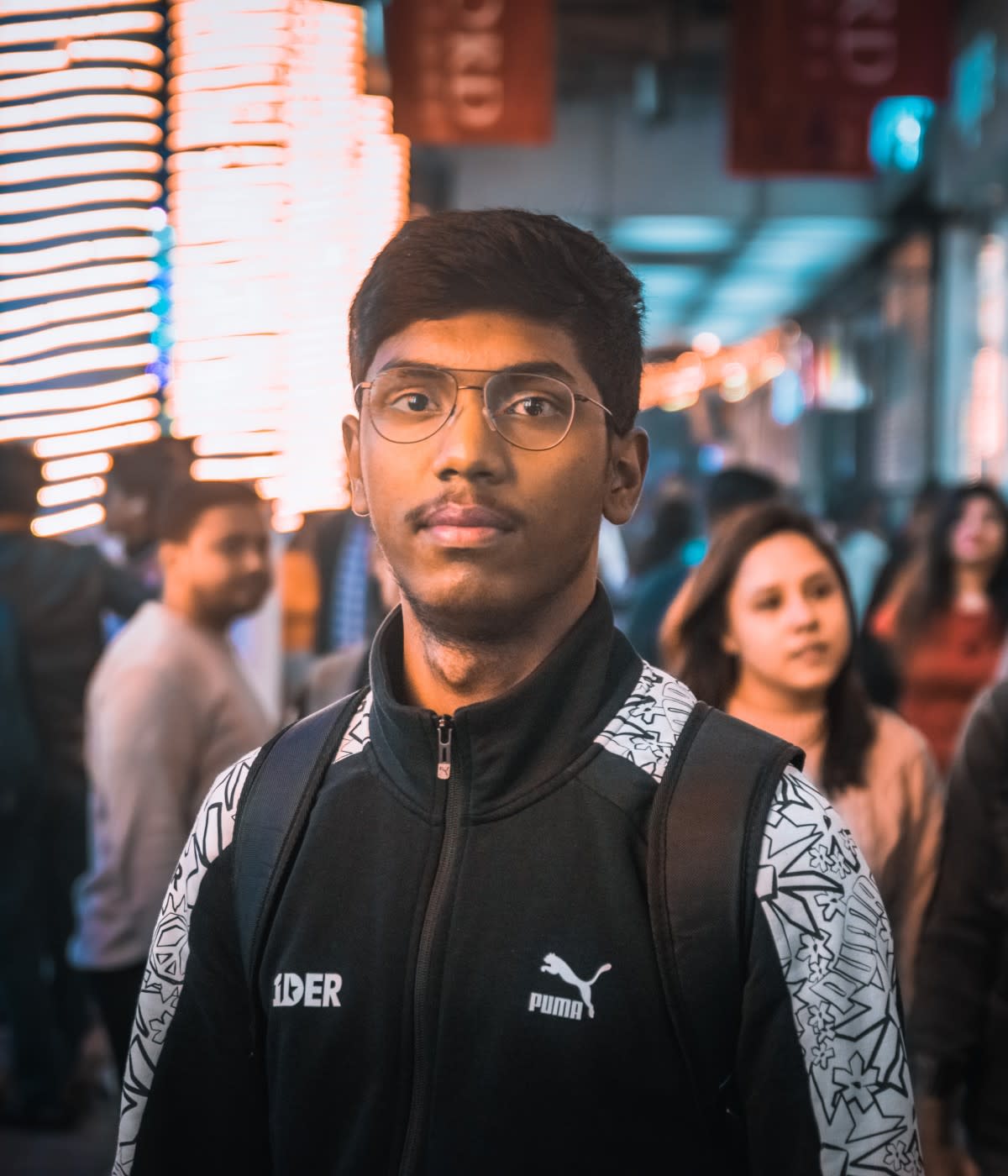In 2015, I received financial aid from PyLadies to attend PyCon in Montreal, where I saw Python creator Guido van Rossum give a keynote in which he talked about diversity. He mentioned he had just attended the PyCon Language Summit—where all core Python developers meet to discuss their collective challenges—and there wasn’t a single woman in the room. In fact, at that point, there had been very few women who had been involved in the project as contributors and not a single woman who had been a core developer with commit rights to Python.
I personally knew Python, and a number of great Python programmers who were women. So I recognized there must be a barrier somewhere: For some reason men were able to devote time to this and women were not.
At that same 2015 conference, I saw multiple women speak on stage, including Ashwini Oruganti, Renee Chu, Nina Zakharenko, Katie Cunningham, and Sasha Laundy. Seeing all of them speak inspired me to believe I could become a Python core maintainer and speak at a conference, too. So I started contributing to Python and taking it seriously. In 2016, I gave my first conference talk and was invited to be a Python core developer. I recognized that prior to that, my barrier was the fact that I didn’t have a role model that looked like me. I know I’m not the only one facing these barriers, and I want to do my part to improve diversity.
I am many things: a parent, an engineer, an open source maintainer. I’m also an immigrant and woman of color in tech, and for a long time, I felt alone. It wasn’t until recently, after counseling, that I recognized how difficult it is to relate to people’s experiences when they look so different from your own. Thankfully, I don’t feel so alone anymore.
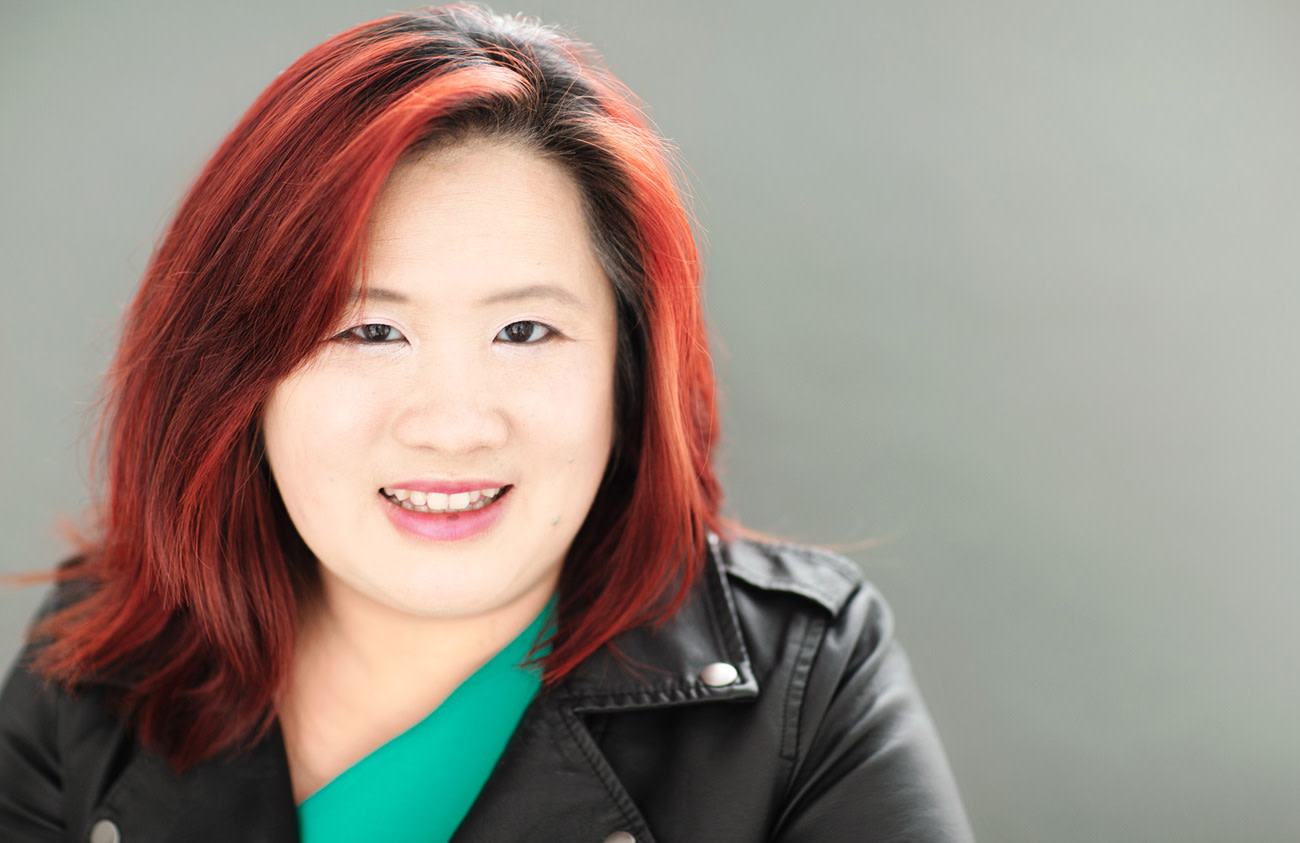
Finally finding a place to belong
The year after I became a Python core developer, we invited two more women to join us. Today, there are three additional women, so it’s me, Carol, Lisa, Emily, Cheryl, and Joannah. I can count my fellow female Python core developers on one hand. That’s still not enough. We’ve made good progress, but we can do better.
I’ve always felt like an outsider. It’s my default feeling whenever I join something new. But the Python community made me feel accepted. People didn’t really ask me to prove anything. That sense of belonging and knowing I’m part of it for who I am means a lot.
I want to pay this forward, especially for women. One way is with the global PyLadies administration, an international mentorship group helping those who identify as women become active participants and leaders in the Python community. I also run the local meetup here in Vancouver. For the past three years, I’ve given talks and helped with the PyCascades conference: I chaired the first one and have helped organize its second and third years.
In all the Python meet-ups and conferences I’ve attended, people really do take that extra step to make sure everybody feels included. The audience at DjangoCon 2016 was the first group I ever gave a talk to, and even though I was nervous, they made me feel welcome. I actually reached out to several speaker mentors to prepare, like Lacey and Anna, and they were so wonderful. Their generosity inspired me to also help and mentor other people.
Contributing, participating, and embracing empathy
In most of the projects I maintain, I help with the core Python programming language and am more involved in the core workflow than actual CPython code. I build and maintain automation tools and GitHub bots, and help with some documentation-related tasks.
One of the bots I maintain is called miss-islington. It automatically backports and merges CPython pull requests and has been running since September, 2017. When Python migrated to GitHub, it was a very manual process and core developers had to apply backports manually and cherry pick to a different branch. It was boring and labor-intensive, and you had to physically be on the right computer. So I focused on this problem and built miss-islington. It’s one of my original CPython successes because I know it saves the other core developers’ time and frees them up to do meaningful work.
The other project I’m maintaining is called gidgethub, a project created by another Python core developer, Brett Cannon. That’s the library I use for my own bots, and the one we use to build GitHub bots for CPython. I ended up becoming the maintainer of gidgethub simply because I used it. Some features were lacking, so I started contributing, reporting the issues, and creating pull requests. I did that so many times that Brett said I could help, and I became the maintainer.
I’ve learned so much by contributing and participating. And it’s not just the technical things. The community truly means a lot to me. Yes, we learn about a feature the moment somebody proposes it. But after it’s released, it’s fun to be able to be part of that, and interact with everyone.
I also think my people skills are better now. There’s been a few times where I reply to an email and realize my choice of words was not appropriate. I learn from those mistakes. I try to improve my communication, and be more empathetic, especially to people outside of North America. I try to understand language barriers, and how people might comprehend things differently. That's something I care a lot about now.
I really like the idea of open source and open knowledge: It’s very powerful and has really helped lower the barrier for me. When things are behind a paywall, not everyone can afford it. But the fact that we can do all of this on a good quality platform like GitHub is great. It helps us not only collaborate but grow the community by allowing more people to contribute.
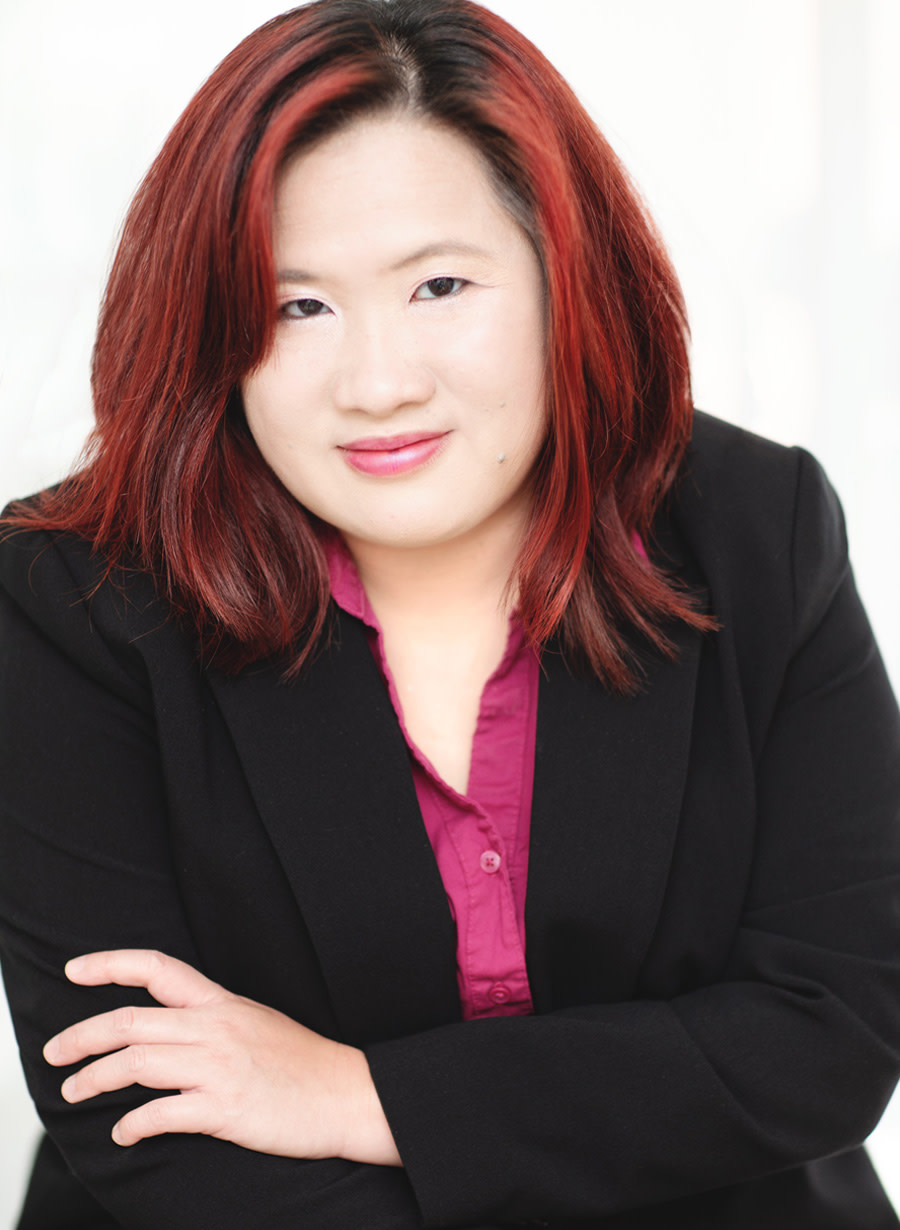
Finding balance and the importance of well-laid plans
I haven’t figured out how to maintain balance yet. I actually think I’m doing so many things at once that I do everything with average quality. I have a full-time job, so when I focus on open source, it’s during my free time. I’ve begun to scale back, and think I should start saying no to some requests.
My advice would be to write down or document processes. People write a lot about how to contribute, but there aren’t many specific guidelines on how to maintain the specific project. I mostly don't start my own projects, but have been invited to several, and it’s often unclear what’s expected of new maintainers. Sometimes there are secret process keys owned by one person, and that information is not shared or written down anywhere. I think some maintainers and project creators probably assume they’ll be involved in the same project forever. But I’ve seen enough people leave, either because they burn out or their job or life situation changes. All open source maintainers should have a succession plan for their project, regardless of where it is in its lifecycle.
For example, in July 2018, Guido Van Rossum, who was Python’s benevolent dictator for life, announced he would retire from that title. But he didn’t appoint a successor, leaving us core developers to figure it out over the next six months. We really thought through how Python should be governed, and went through several proposals. There was even a debate about which voting mechanism we would use to choose how we’d be governed.
We landed on a steering council model with five members. No one is a benevolent dictator for life; they’re more like a group of shepherds. They gather consensus, but they don’t use their power to make decisions without any discussion. I think it works really well because the burden of maintaining and owning an entire language does not fall on just one person.
Paving a path of pride and inspiration for future generations
Before my current job, I worked for Sony Pictures. I was on the infrastructure team and received movie credits for several family-friendly movies, like Angry Birds and Emoji Movie. I watched those movies with my kids at the cinema and they were able to see my name in the credits and tell their friends. It made me so proud because it’s so important they know they can do it too, if they want.
There were jobs I did not take because I didn’t feel like I would belong. I missed a lot of opportunities because of barriers. I would attend talks where people shared their success stories and they’d say, “If I can do this, so can you.” But it was always a man or a white person, and I didn’t see myself reflected in those success stories. When I went to my first two PyCons, I was just nobody Mariatta. But nowadays, people know me immediately as a Python core developer, and I know where I belong. I hope my work and my talks inspire women from all walks of life to join this community.

